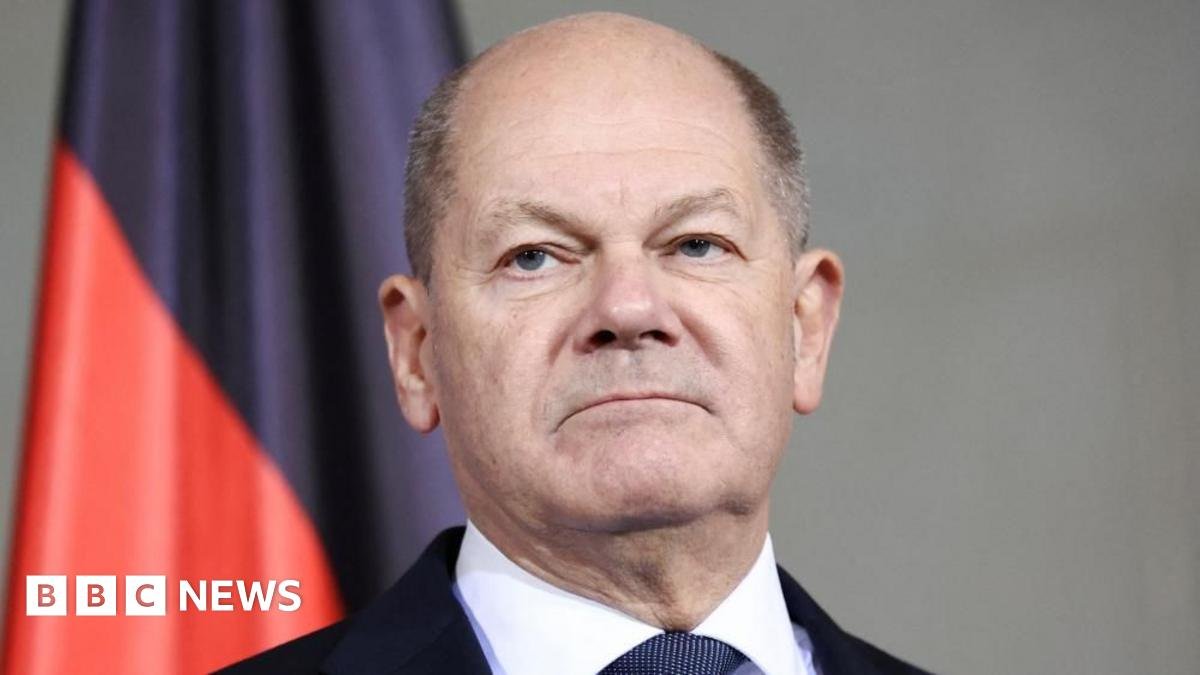Losing Monday’s no-confidence vote was the outcome Scholz had wanted.
Thanks to the loss, elections can now happen in February, rather than in September as originally scheduled.
There were 207 MPs, mainly from his own party, who voted for Scholz, while 394 voted against him and 116 abstained.
Since Scholz’s argumentative three-party governing coalition collapsed in November, he had been reliant on support from the opposition conservatives to pass any new laws, effectively rendering his administration a lame-duck government.
Given Germany’s stalled economy and the global crises facing the West, staggering on until the scheduled election date of September 2025 risked being seen as irresponsible by the electorate.
Scholz’s Social Democratic Party (SDP) is trailing heavily in opinion polls, while the conservative Christian Democratic Union (CDU) under Friedrich Merz appears to be on course for a return to government.
Opening the debate ahead of Monday’s vote, Scholz said the snap election was an opportunity to set a new course for the country and called for “massive” investment, particularly in defence, while Merz said more debt would be a burden for younger generations and promised tax cuts.
Source link
